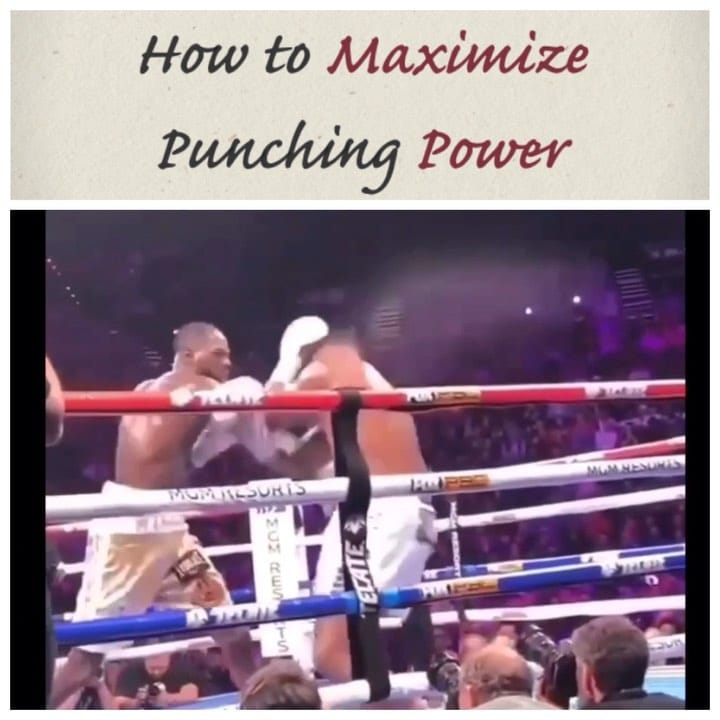How to Maximize Punching Power
•••••••••••••••••
When throwing a punch there are several movements occurring near simultaneously to produce a powerful strike:
1️⃣Ground reaction force from the leg push off.
2️⃣Rotational force from the trunk.
3️⃣Velocity of the arm strike.
.
The power of the strike is generated with the lower extremities while the trunk and arm act as a vehicle to deliver that force.
.
A study (Lenetsky 2013) examined boxers and punching power, which found that the most experienced boxers used significantly more leg activation compared to less experienced boxers. Leg contribution to total power: 38.6% for experienced boxers vs. 32.2% for intermediate boxers / 16.5% for novice boxers. The same study looked at comparing boxing styles: knockout artists vs. other styles (“players”/”combination fighters”). Leg contribution to total power: 38.6% for the KO artists vs. 32.6% for the other style fighters.
.
There are three take aways from this study:
1️⃣Core stability is essential for being able to transfer force. The core musculture are postural muscles not phasic muscles so they are trained differently. These muscle respond by stabilizing/ resisting movements (ex: plank) compared to using abdominal muscles for movement (ex: sit up).
2️⃣Learning/emphasizing using your legs to generate power. This comes down to skill training.
3️⃣Developing leg strength & power: Through axial and longitudinal leg / glute exercises.
.
A great example of punching power is Deontay Wilder. Last night was Wilder vs Ortiz II and @bronzebomber threw a perfect right cross to KO Ortiz. In slow motion you can see how he pushes off that back foot and energy transfers up the chain to the fist. With a 95+% KO rate Wilder is one of the best KO artists in boxing history and a great example of how to generate power.

